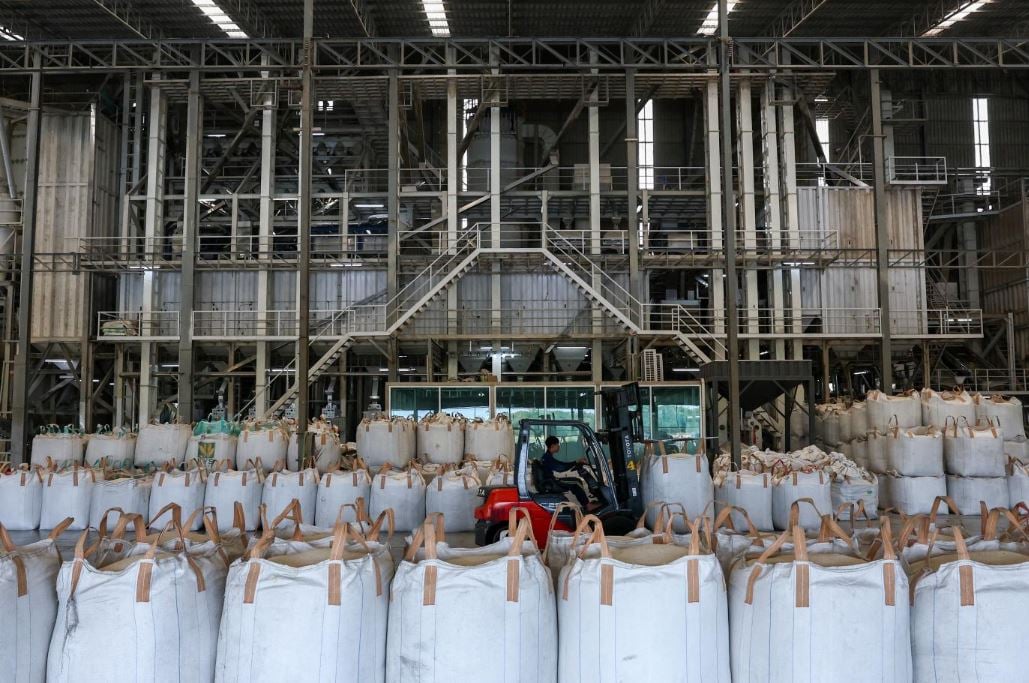 |
| Workers use a forklift to move bags of rice for export at a rice mill in Nakhon Pathom province, Thailand. Photo: Reuters |
Mr. Chookiat Ophaswongse, Honorary President of the Thai Rice Exporters Association (TREA), revealed that in the first 3 months of the year, Thailand only exported 2.1 million tons of rice, a sharp decrease of 30% compared to the same period last year.
The main reason was a 53% drop in white rice exports as India returned to the international rice market and major customers such as the Philippines reduced imports from 4 million tonnes last year to an expected 1 million tonnes this year.
Fierce competition from India and Vietnam has made Thai exporters nervous. Indian rice is as much as $40 cheaper per ton than Thai rice, prompting countries like South Africa, Malaysia and the Philippines to switch to Indian rice. Thai rice remains in the black despite falling from $600 per ton last year to just over $400.
India exported 2.4 million tons and is expected to exceed 20 million tons this year, while Vietnam's rice exports reached 2.3 million tons, ready to overtake Thailand to become the world's second largest rice exporter this year.
Chookiat predicted that rice exports in the second quarter would continue to decline sharply, similar to the first quarter, but TREA still set a target of exporting 7.5 million tons for the whole year.
Key factors affecting Thai rice include US import tariffs, volatile market conditions and opportunities from China. With Thai white rice priced at just $400 a tonne compared to $500 a tonne for China, Beijing could increase imports to make up for the shortfall. But Thailand still has to compete with Vietnam, India and Pakistan for access to the Chinese market.
In the US, importers are increasing their purchases of Thai jasmine rice as the 36% reciprocal tariff imposed on Thailand is postponed for 90 days, replaced by a basic tariff of 10%.
In 2024, the US will import 1.3 million tons of fragrant rice globally, of which 630,000 tons will come from Thailand. In the first quarter of this year alone, Thailand exported more than 200,000 tons of fragrant rice to the US at a price of $1,000/ton. Combined with other types of rice, the export figure to the US reached 830,000 tons. But if the US increases tariffs to 20-25% or 36%, the cost of importing Thai fragrant rice to the US could skyrocket to $1,200-1,300/ton, making it difficult for Thailand to compete.
Mr. Chookiat Ophaswongse pointed out that Vietnamese fragrant rice, despite facing a 46% reciprocal tax, is still priced significantly lower, from US$600-700/ton. This price gap could cause US rice importers to switch to Vietnamese rice suppliers.
Last year, Thailand exported 850,000 tons of fragrant rice to the US, compared to just 40,000 tons from Vietnam. However, if the US imposes new tariffs, the situation could change quickly.
Chookiat Ophaswongse called on authorities to support rice exporters and speed up tariff trade negotiations with the US to prevent further losses.
Charoen Laothamatas, President of TREA, is concerned not only about the US tariffs but also about shipping costs. Starting next October, the US plans to impose new port fees of up to millions of dollars on each shipment to the US on Chinese-built ships, which could push shipping costs up by $6 per ton.
Thai farmers are under financial stress as domestic rice prices fell 30% after India resumed exports last September.
Thailand is unlikely to cut rice prices to compete, analysts say.
“Our rice production costs are high, while productivity is low. If we reduce the export price, farmers will not be able to sustain their farming,” said agricultural economist Somporn Isvilanonda.
The rice industry and farmers are pinning their hopes on talks between a Thai delegation led by Finance Minister Pichai Chunhavajira and the US.
The concessions proposed by Thailand include cutting tariffs on US corn from 73% to zero, which would also hurt Thai farmers.
A flood of cheap imported corn could further depress prices of broken rice and rice bran, by-products created during rice milling and used for animal feed, warned Banjong Tangchitwattanakul, president of the Thai Rice Millers Association.
Four farmer groups, including rice millers, have petitioned the government to block imports of US corn and soybean meal, saying it would drive down prices of domestic crops used as animal feed.
The Thai government has pledged that any concessions made in talks with the US will not undermine domestic industries.
( According to thesaigontimes.vn )
Source: https://baoapbac.vn/kinh-te/202504/xuat-khau-gao-thai-lan-lao-doc-30-viet-nam-vuot-len-1040982/












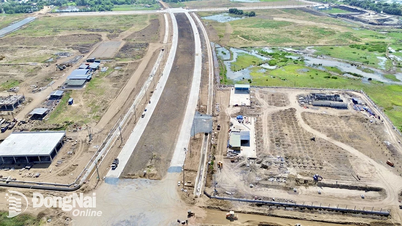


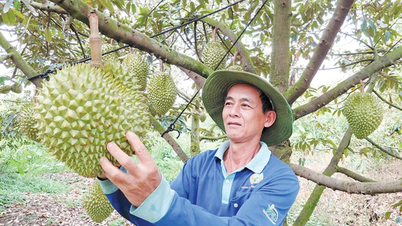
















































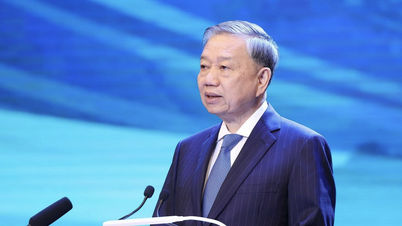
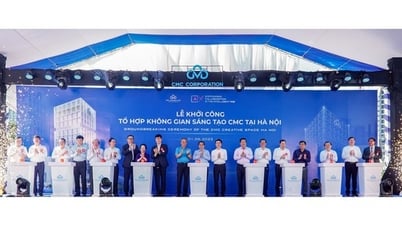













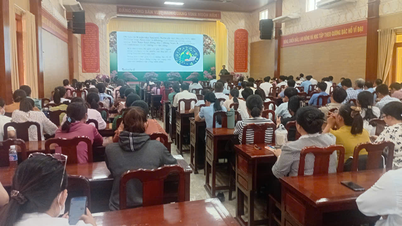






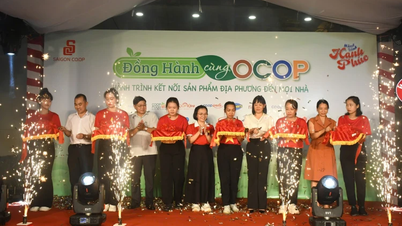







Comment (0)